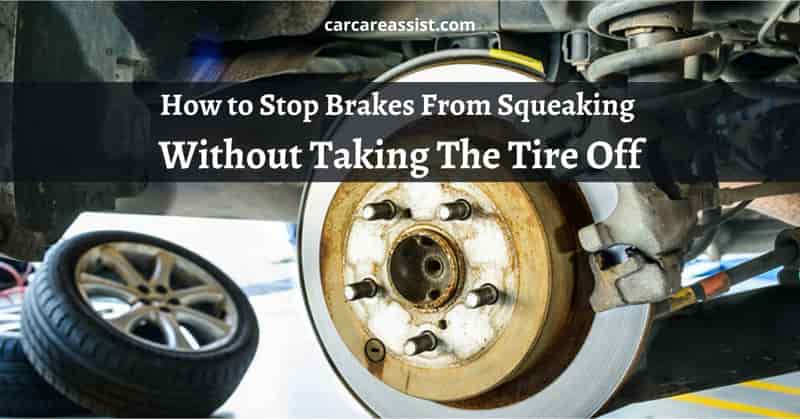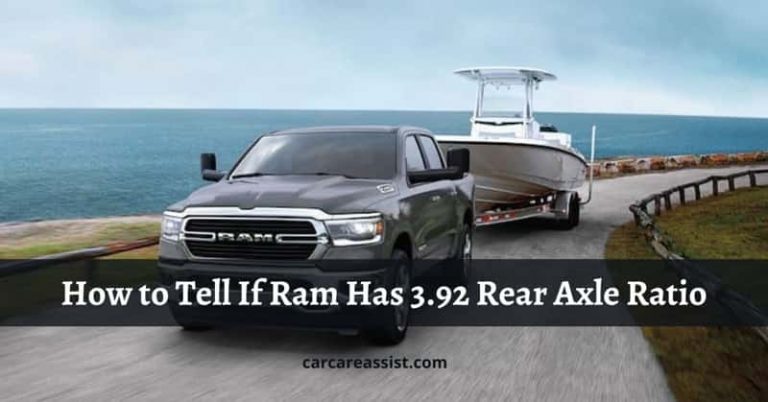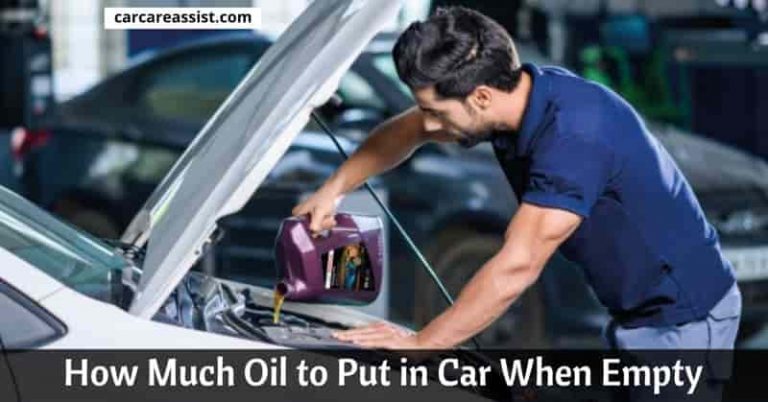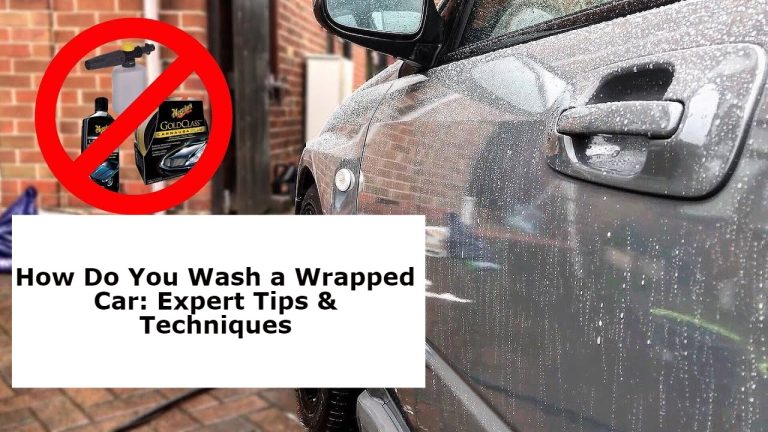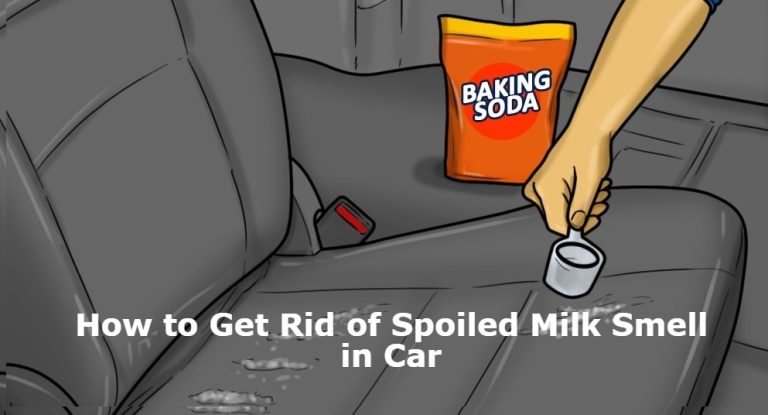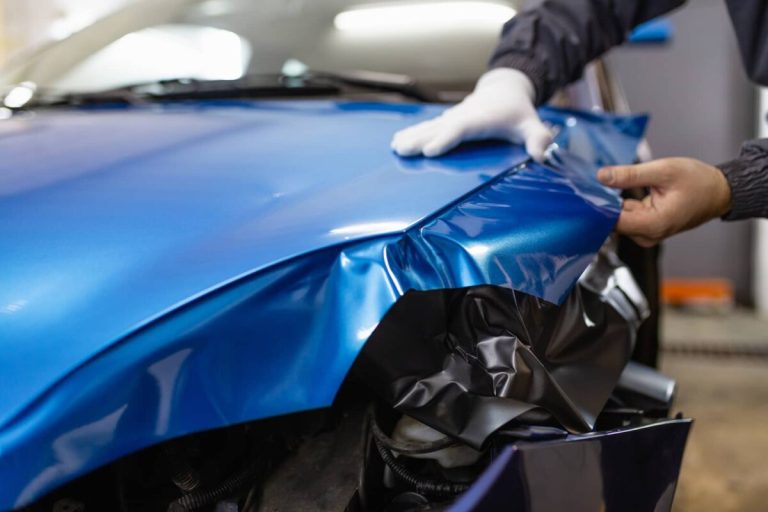How to Stop Brakes From Squeaking Without Taking The Tire Off
If you’ve been driving your car for a while and notice that the brakes are starting to squeak, don’t worry – it’s an easy fix! The most common reason brakes start squeaking is because they need to be lubricated. In this article, I’ll show you how to stop brakes from squeaking without taking the tire off. I’ll also provide some tips on how to keep them in good shape so they don’t start making noise again soon.
What causes the break make squeaking noise?
The most common reason brakes start squeaking is because they need to be lubricated. Over time, the brake pads and rotors can become dry and cause the brakes to squeak when they’re applied. If you notice that your brakes are starting to squeak, it’s a good idea to take action and lubricate them as soon as possible.
Here are some other possible reasons to causes the break make squeaking noise:
⚠️ Worn out brake pads
If your brake pads are worn out, they can start to squeak when you apply the brakes. This is because the metal backing plate that the pad is attached to can rub against the rotor and cause a high-pitched squeal.
⚠️ Loose brake caliper
If the caliper that holds the brake pads is loose, it can also cause the pads to rub against the rotor and create a squeaking noise.
How to Stop Brakes From Squeaking Without Taking The Tire Off
Follow these simple steps and your car will be back to its old self in no time.
🔰 Remove the brake pads: To do this, first locate the brake pad retaining clips or screws and remove them. Once the retaining clips or screws are removed, you should be able to easily pull the brake pads away from the caliper.
🔰 Lubricate the brake pads and rotors: Once the brake pads are removed, you’ll be able to see the caliper and rotor. Use a brake lubricant or silicone grease to lubricate the contact points between the pad and rotor. Be sure to also lubricate the caliper piston and any other moving parts that come into contact with the pads or rotors.
🔰 Reassemble the brake pads and caliper: Once you’ve lubricated all of the contact points, you can reassemble the brake pads and caliper. Be sure to use new retaining clips or screws, and torque them to the manufacturer’s specifications.
🔰 Test the brakes: Before you put the wheel back on, it’s a good idea to test the brakes to make sure they’re working properly. Pump the brake pedal a few times and then hold it down while you observe the caliper. The caliper should move smoothly and evenly when the brake is applied. If everything looks good, you can reinstall the wheel and take your car for a test drive.
Other Popular Methods to Stop Squeaky Brakes
🔰 Install a set of shims: Shimming is a popular method to stop squeaky brakes. This involves placing a thin piece of metal between the brake pad and caliper to help reduce friction and noise. You can purchase brake shims online or at most auto parts stores.
🔰 Replace the pads and rotors: If your brake pads and rotors are worn out, they can also cause the brakes to squeak. In this case, you’ll need to replace them with new ones. This is a relatively easy job that can be done at home with a few tools.
🔰 Apply anti-squeal brake paste: Anti-squeal brake paste is a special lubricant that’s designed to reduce noise and vibration. It can be applied to the back of the brake pad or between the pad and caliper. This is a temporary fix, so you’ll need to reapply the paste as needed.
🔰 Install brake Quiet: Brake quiet is another product that’s designed to reduce noise and vibration. It’s a thick, sticky substance that’s applied to the back of the brake pad. Once it’s installed, it helps to dampen noise and vibration.
🔰 Use silicone grease: Silicone grease is a versatile lubricant that can be used on many different parts of your car. It can be applied to the caliper, brake pad, or rotor to help reduce noise and vibration.
🔰 Replace the caliper: If your caliper is worn out, it can also cause the brakes to squeak. In this case, you’ll need to replace it with a new one. This is a more difficult job that should be done by a professional.
🔰 Use noise-cancelling brake pads: Noise-cancelling brake pads are a special type of pad that’s designed to reduce noise and vibration. They work by using a special material that dampens noise and vibration.
🔰 Install brake insulators: Brake insulators are made of rubber or silicone and they’re installed between the brake pad and caliper. They help to reduce noise and vibration by absorbing shock.
🔰 Use low-dust pads: Low-dust pads are a special type of pad that’s designed to create less dust when they’re used. This can help to reduce noise and vibration because there’s less dust to rub against the rotor.
🔰 Try a different brand of pad: If you’re still having trouble with squeaky brakes, you may want to try a different brand of brake pad. There are many different brands available, so you’ll need to do some research to find one that’s right for your car.
These are just a few popular methods to stop squeaky brakes. If you’re still having trouble, you may want to consult a professional mechanic for further assistance.
Tips for keeping your brakes in good shape
Check the brake pads regularly: It’s a good idea to check the brake pads periodically to make sure they’re still in good condition. If you notice that the pads are getting thin, it’s time to replace them.
✅ Avoid hard braking: If you can, try to avoid hard braking. This can cause the brake pads and rotors to wear out prematurely.
✅ Have your brakes serviced regularly: It’s a good idea to have your brakes serviced by a professional every few years. This will ensure that they’re in good condition and working properly.
Following these simple steps will help you keep your brakes in good shape and prevent them from squeaking. If you have any questions or concerns, be sure to consult a professional mechanic.
FAQs
Q: How often should I check my brakes?
A: It’s a good idea to check the brake pads periodically to make sure they’re still in good condition. If you notice that the pads are getting thin, it’s time to replace them.
Q: What causes brakes to squeak?
A: The most common reason brakes start squeaking is because they need to be lubricated. Over time, the brake pads and rotors can become dry and cause the brakes to squeak when they’re applied.
Q: How do I stop my brakes from squeaking?
A: You can stop your brakes from squeaking by lubricating the contact points between the pad and rotor. Be sure to also lubricate the caliper piston and any other moving parts that come into contact with the pads or rotors.
Q: What is the best brake lubricant?
A: The best brake lubricant is one that is specifically designed for use on brakes. for example, a silicone grease or brake lubricant.
Q: Can I use WD-40 on my brakes?
A: No, you should not use WD-40 on your brakes. WD-40 is not designed for use on brakes and can actually damage the pads and rotors.
Conclusion
If your brakes are squeaking, it’s important to take action to stop the noise as soon as possible. Squeaky brakes can be a safety hazard, and they can also damage your car’s brake pads and rotors. I’ve shown you how to stop brakes from squeaking without taking your tire off. This is a simple and easy process that can be done at home with a few tools.
If you’re still having trouble with squeaky brakes, you may want to consult a professional mechanic for further assistance.

